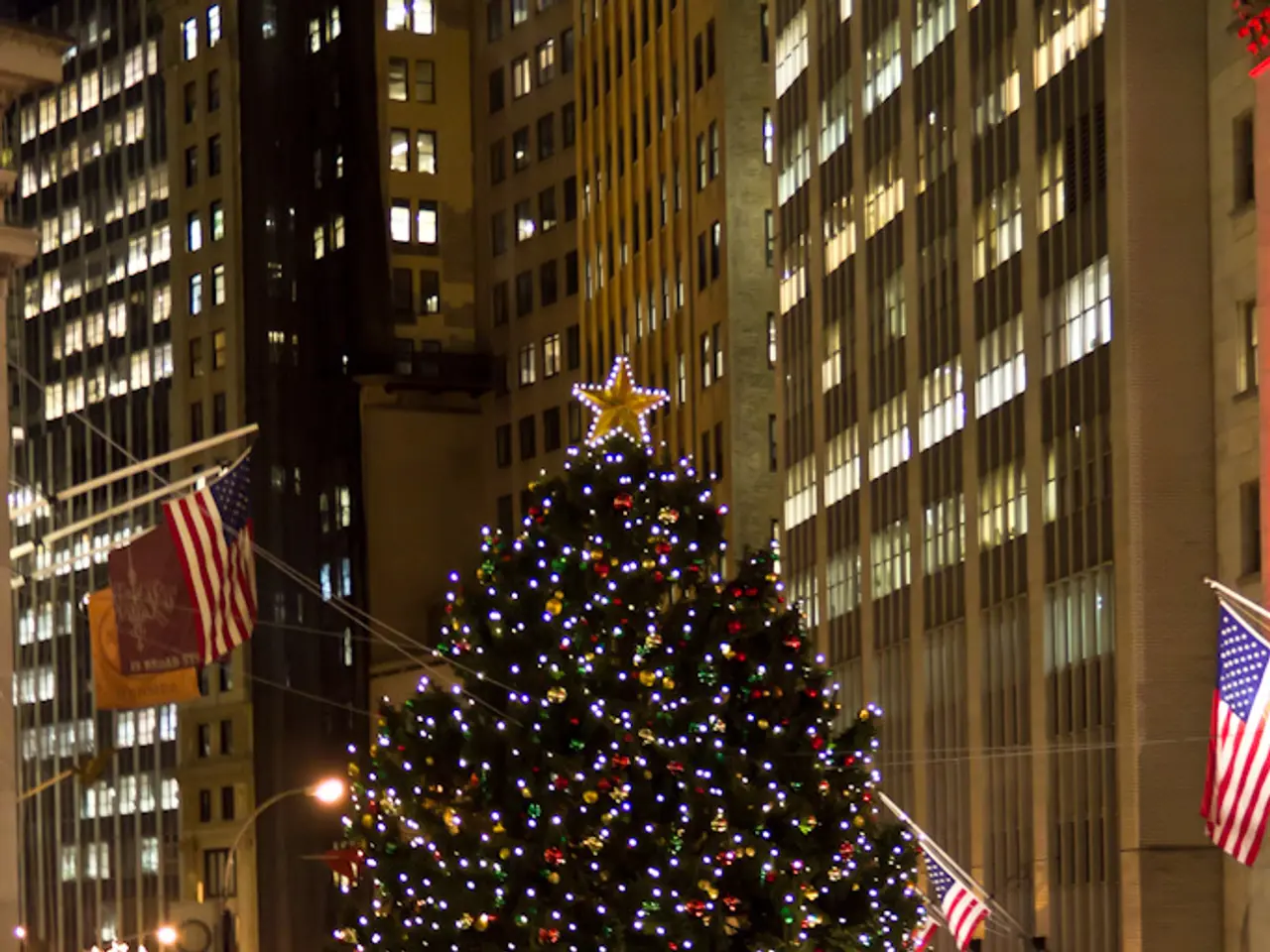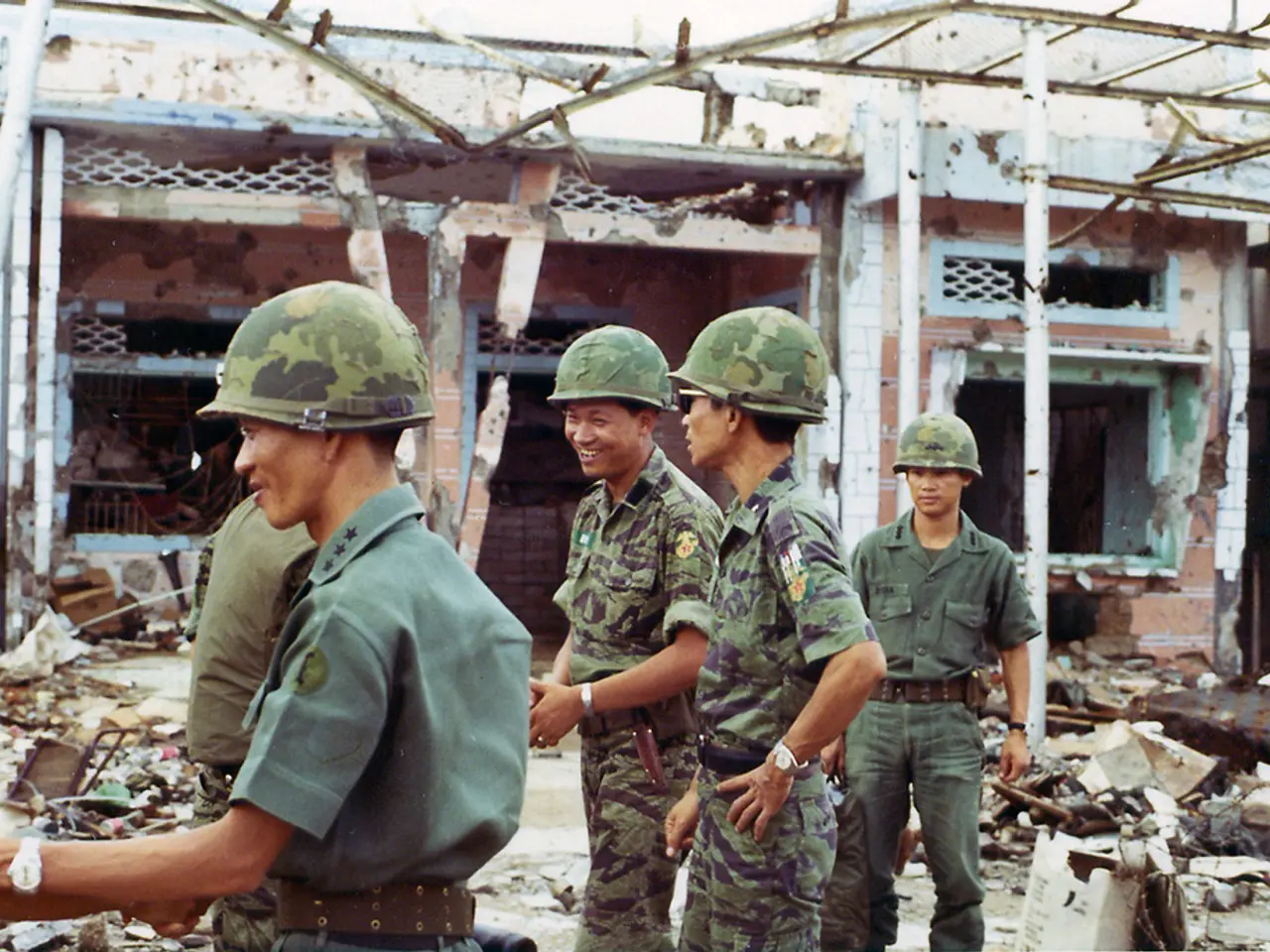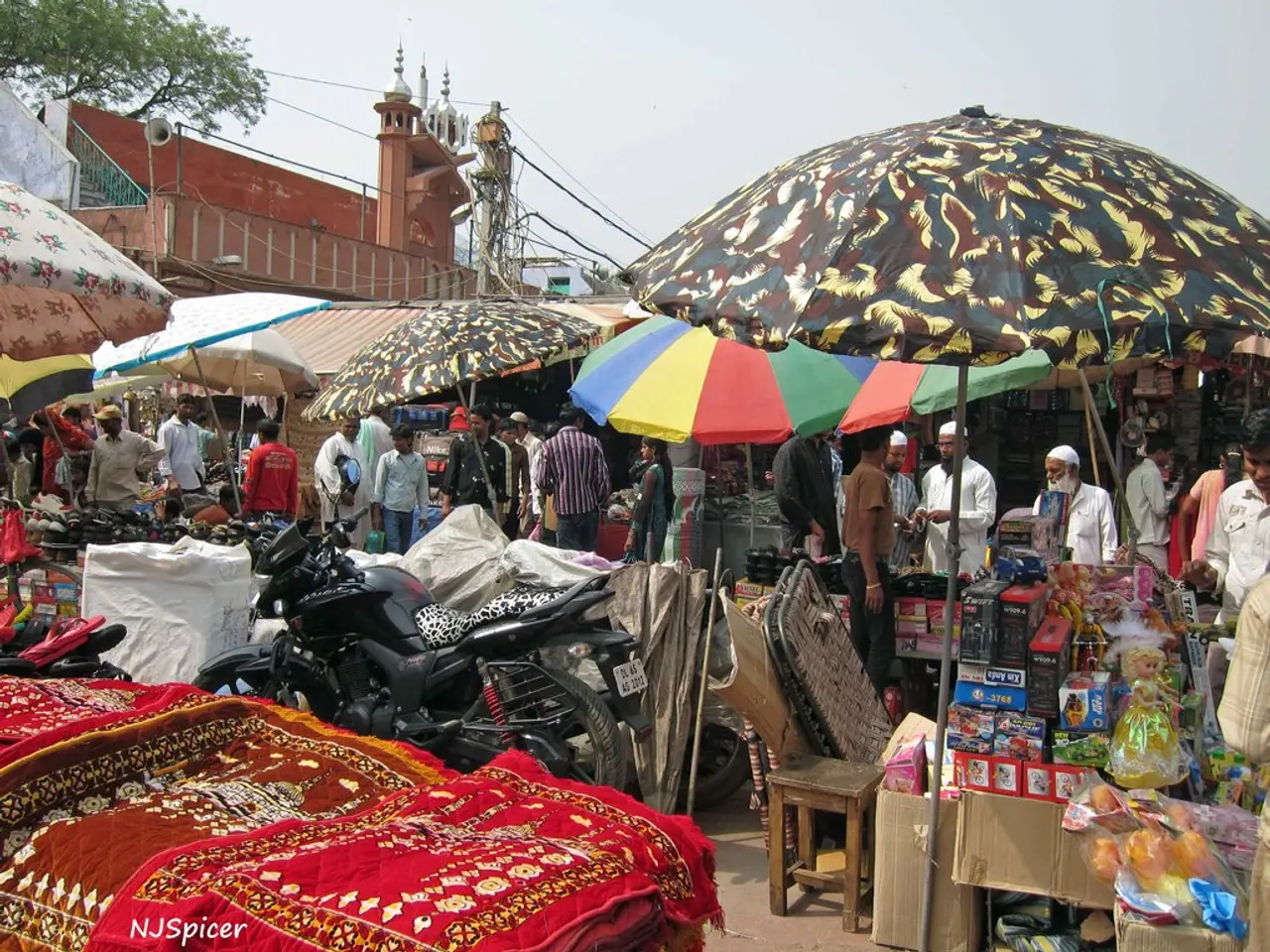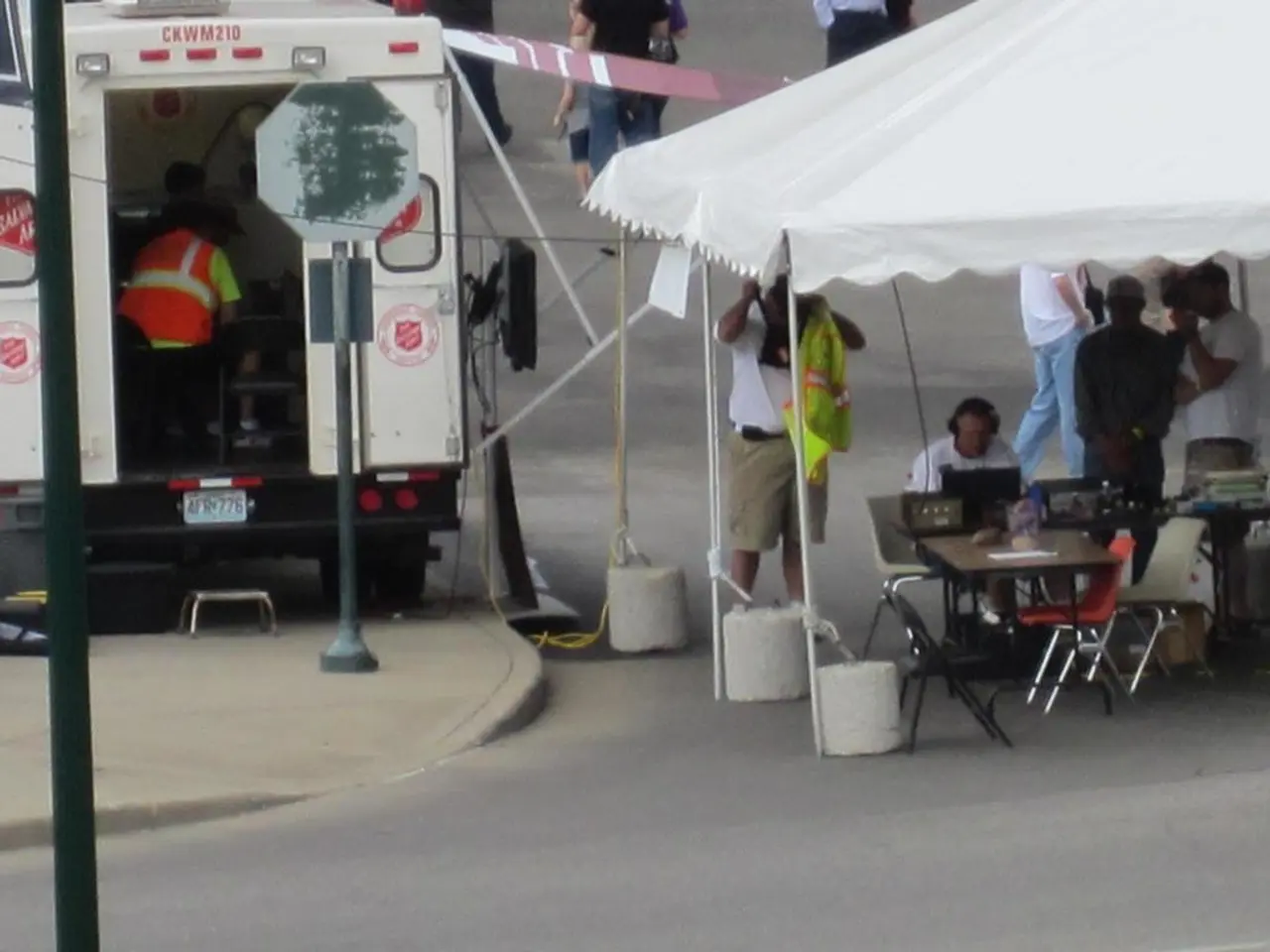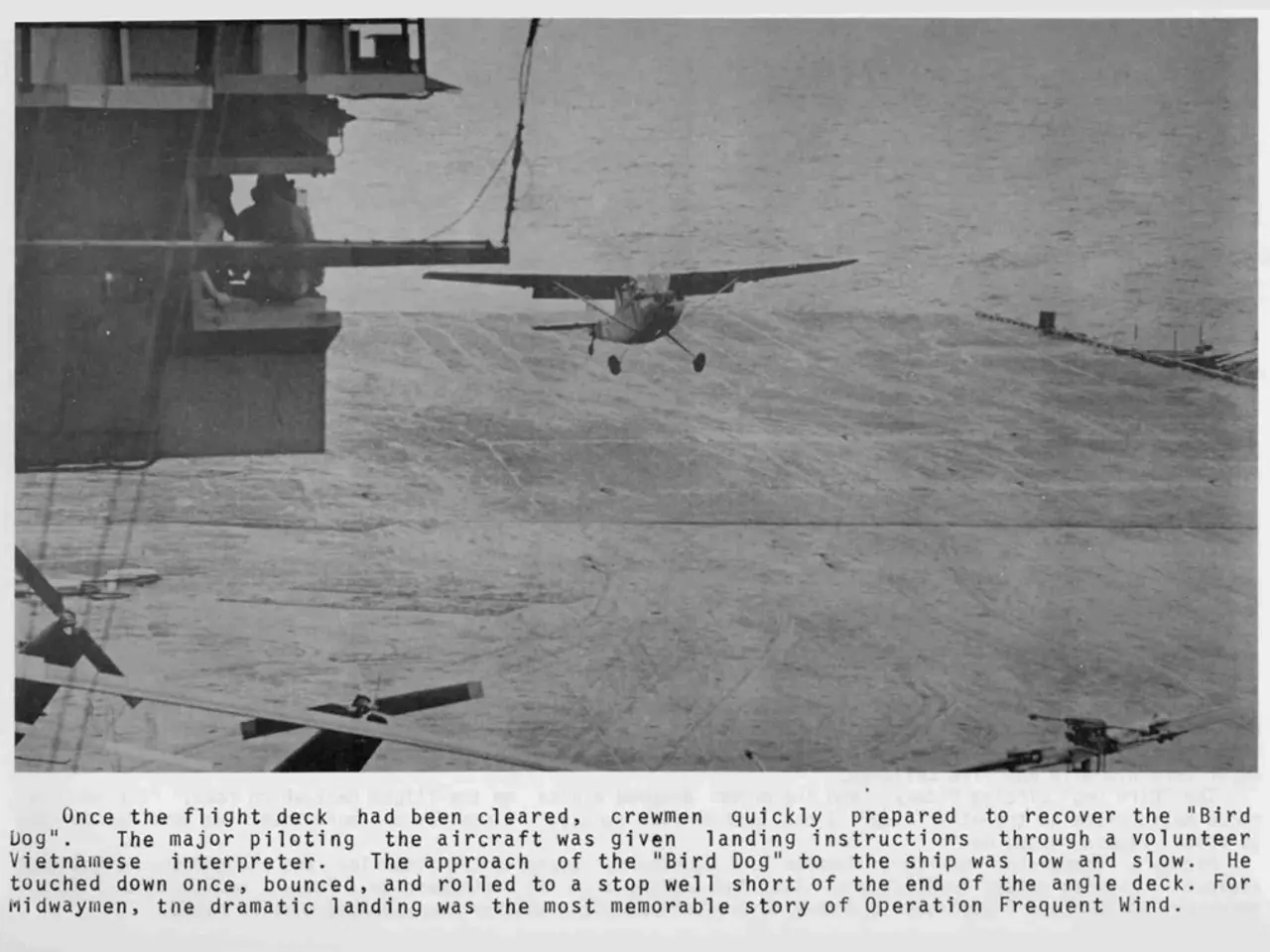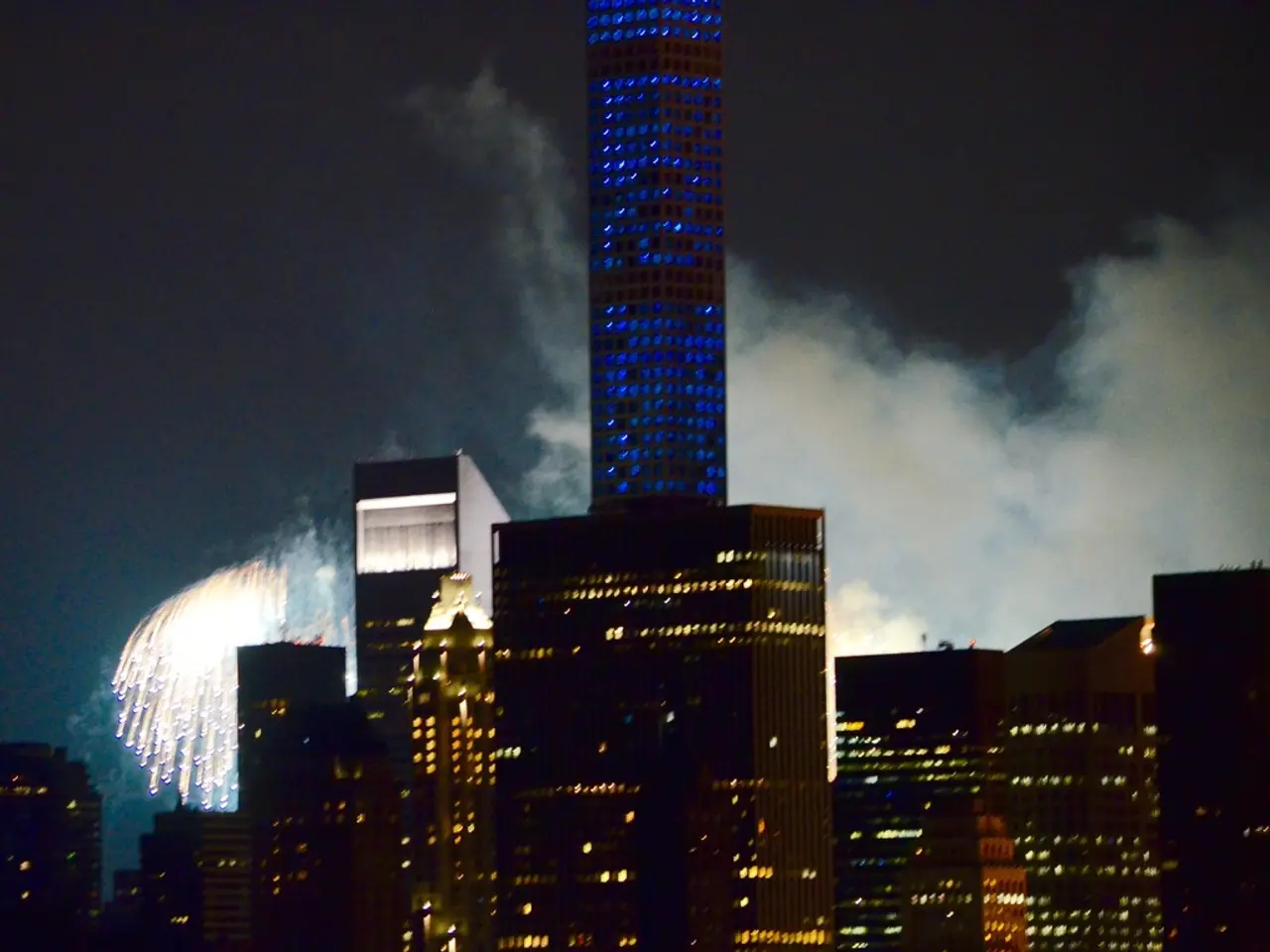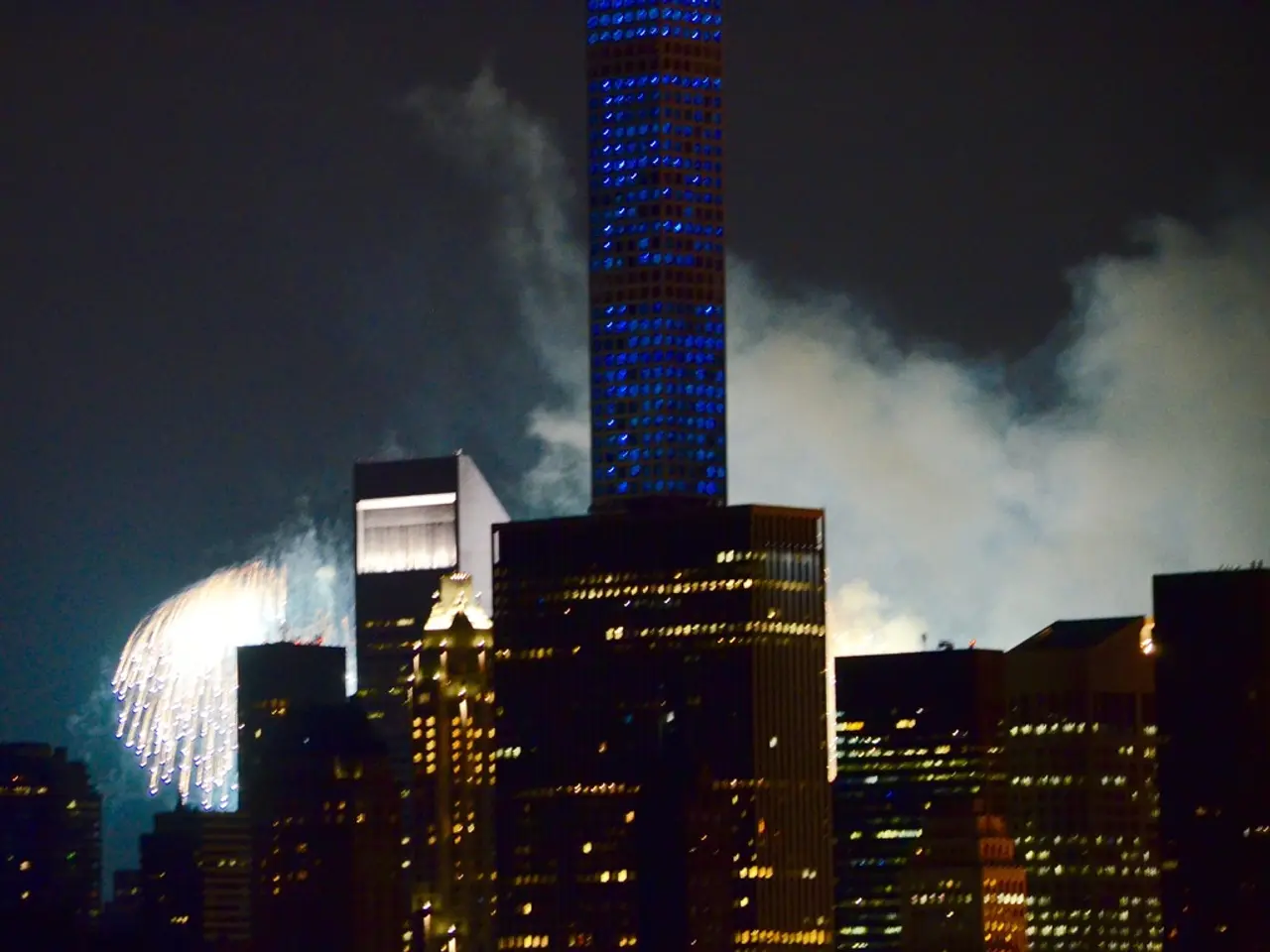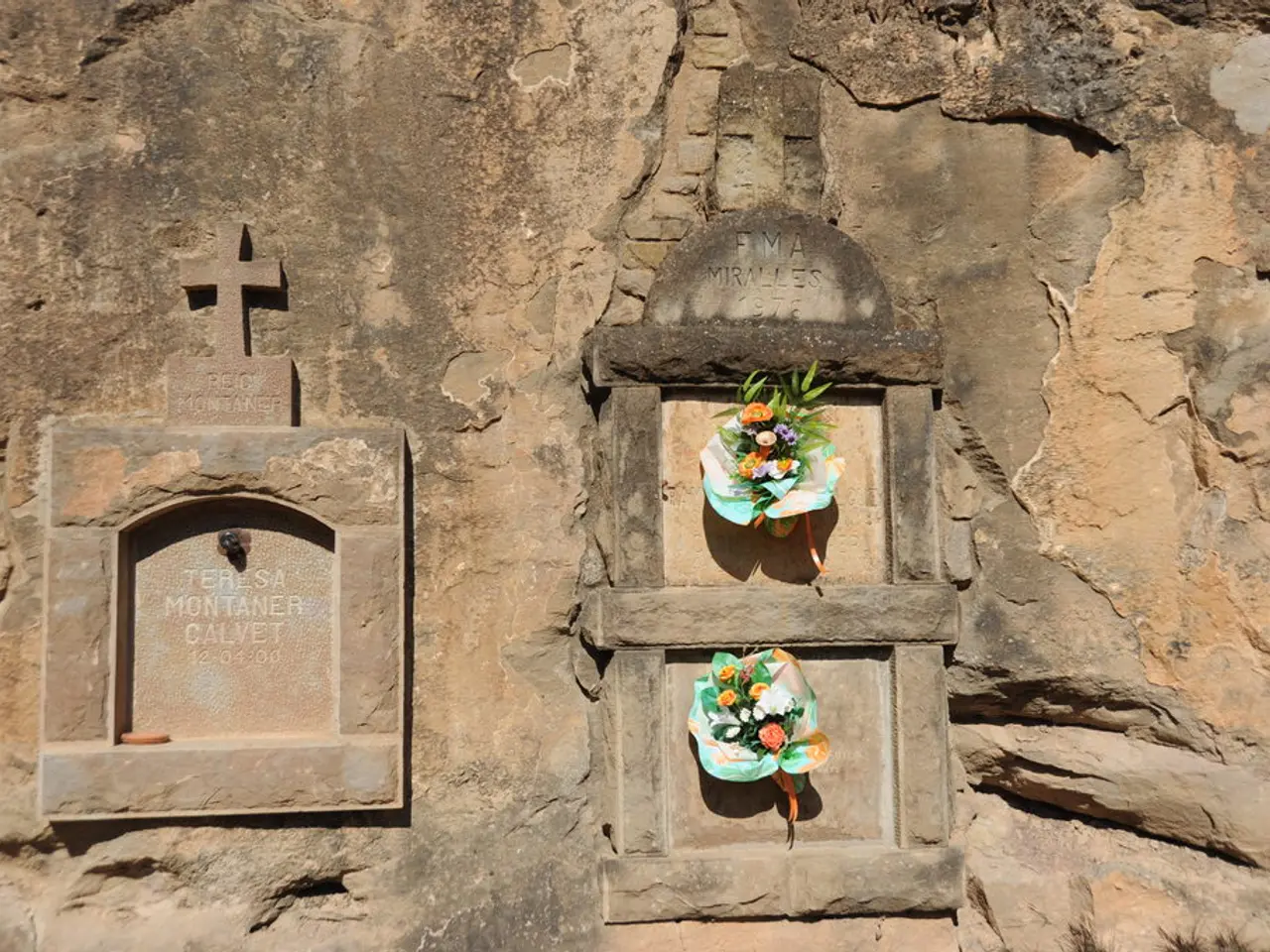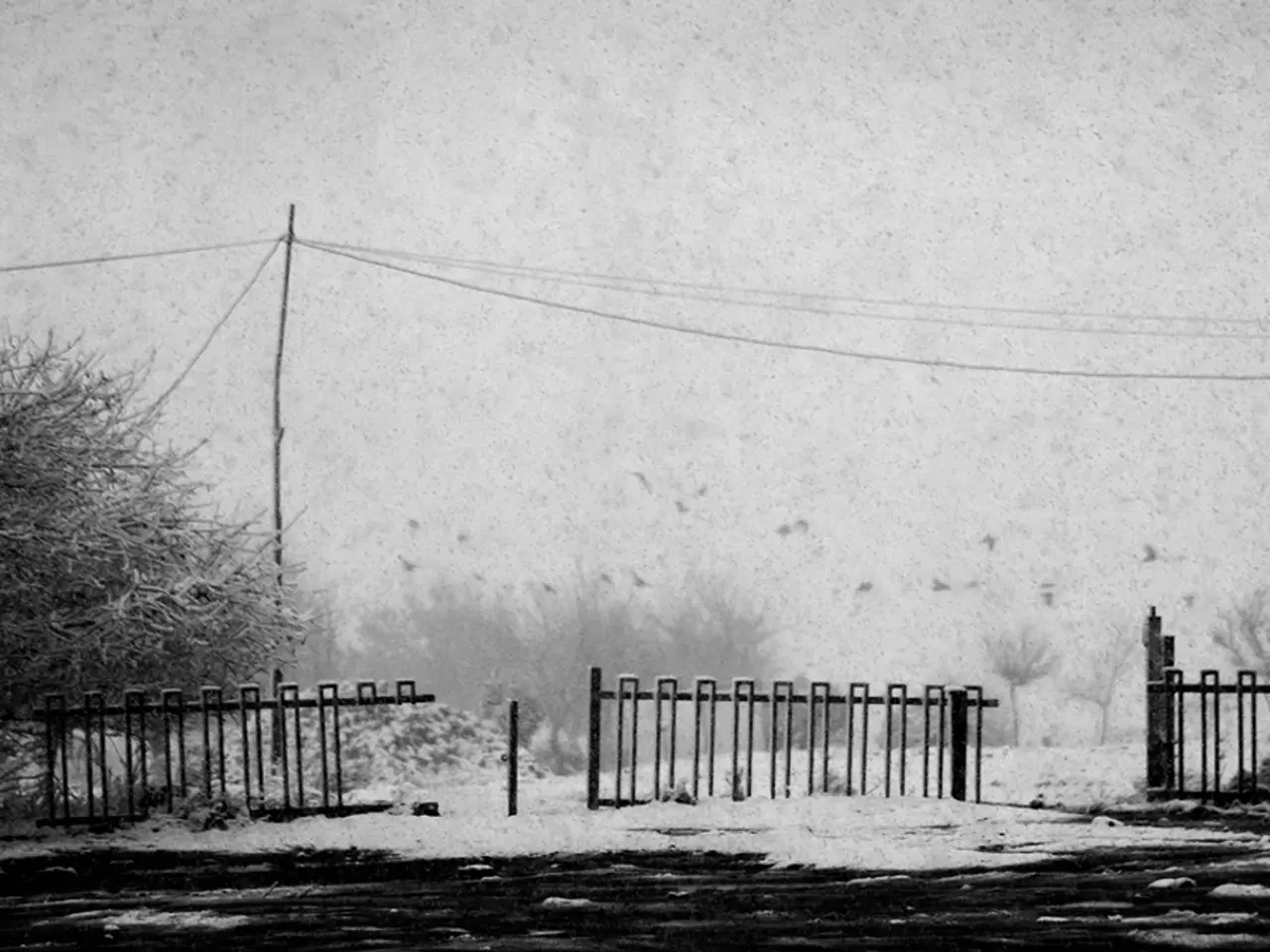Germany urged to unite following Christmas market assault
In the heart of Germany, a sombre cloud has descended over the festive season following the tragic incident at the Magdeburg Christmas market. President Frank-Walter Steinmeier, in his Christmas address, expressed his sorrow and concern, stating that a "dark shadow" hangs over Christmas due to the Magdeburg incident.
The attack, which resulted in five deaths and over 200 injuries, was the subject of a heartfelt address by President Steinmeier. He called for national unity amidst growing debates about security and immigration, assuring the affected families, "You are not alone in your pain. The people throughout our country feel for you and mourn with you."
The suspect arrested in connection with the attack is a 50-year-old Saudi doctor named Taleb al-Abdulmohsen, who has lived in Germany for almost two decades. The motive for the attack remains unclear, with investigations ongoing. There are no concrete indications that Abdulmohsen was an Islamic extremist or fits the usual profile of perpetrators of extremist attacks.
However, social media posts attributed to Abdulmohsen suggest potential extremist or violent ideological leanings, with references to "slaughtering German citizens indiscriminately." Yet, these details have not been confirmed as the definitive motive.
Official investigations have not confirmed a clear motive or disclosed any mental health assessment as of now. The case remains under active investigation by German authorities. It should be noted that there have been reports suggesting that Abdulmohsen had been treated for a mental illness in the past, though this has not been immediately confirmed by authorities.
The Magdeburg event was shielded by barricades, but the attacker managed to exploit a five-metre gap. The Chancellor Olaf Scholz's government has pledged to fully investigate whether there were security lapses before the attack.
The attack has escalated an already heated debate on migration and security in Germany, two months before national elections, and with the far-right Alternative for Germany (AfD) party gaining popularity in opinion polls. The AfD held a memorial rally in Magdeburg, with one speaker advocating for Germany to close its borders.
In contrast, an anti-extremist initiative was also held in Magdeburg under the motto "Don't Give Hate a Chance." The Saudi government had previously warned Germany about Abdulmohsen, who came to Germany in 2006 and was granted refugee status in 2016. The suspect has been remanded in custody in a top-security facility on five counts of murder and 205 of attempted murder.
Investigators found Abdulmohsen's will in the BMW used in the attack, stating that all his possessions would go to the German Red Cross with no political messages. The Saudi suspect's extradition has been sought by the Saudi government.
German Christmas markets have been specially secured since a jihadist attack in 2016. Despite the heightened security, the Magdeburg attack serves as a stark reminder of the ongoing challenges and the need for vigilance in maintaining public safety. The investigation into the Magdeburg Christmas market attack continues, with the hope that the truth will soon come to light.
The car-accident at Magdeburg Christmas market, which resulted in five deaths and over 200 injuries, has sparked debates about politics and general news, including security, immigration, crime-and-justice, and accidents. Amidst growing debates, President Steinmeier called for national unity, assuring the affected families, "You are not alone in your pain." Additionally, the attack has fueled an already heated debate on migration and security in Germany, two months before national elections, with various parties offering different solutions, such as closing borders or advocating for unity.
